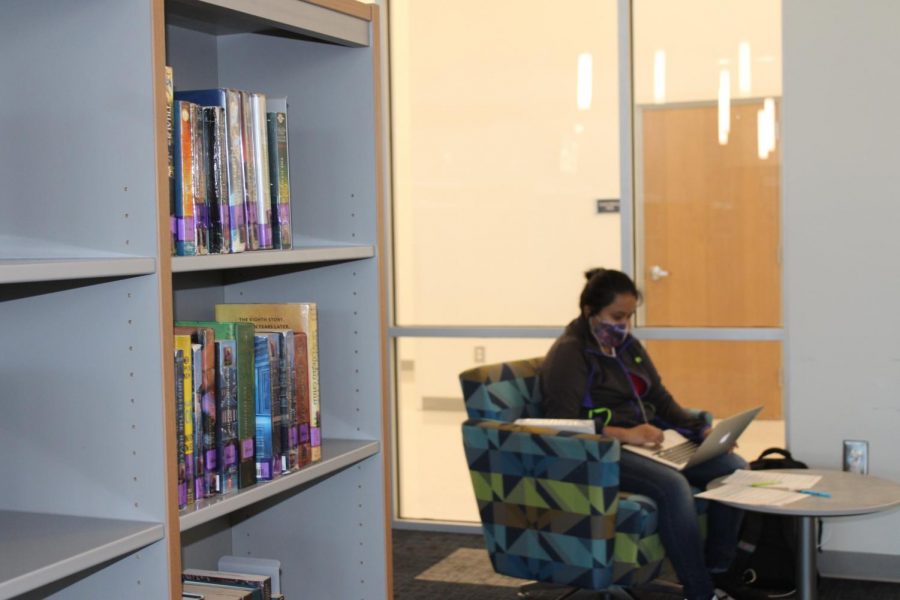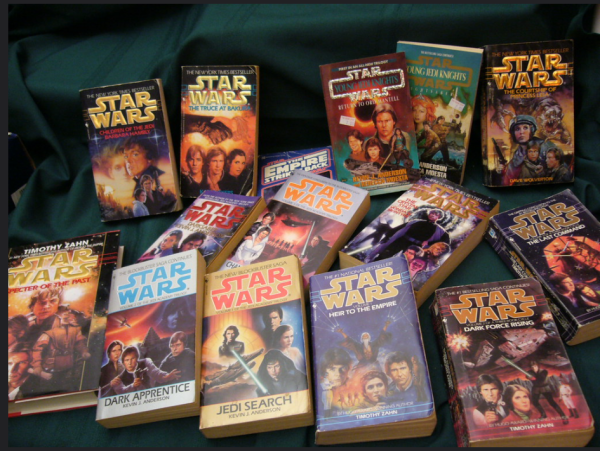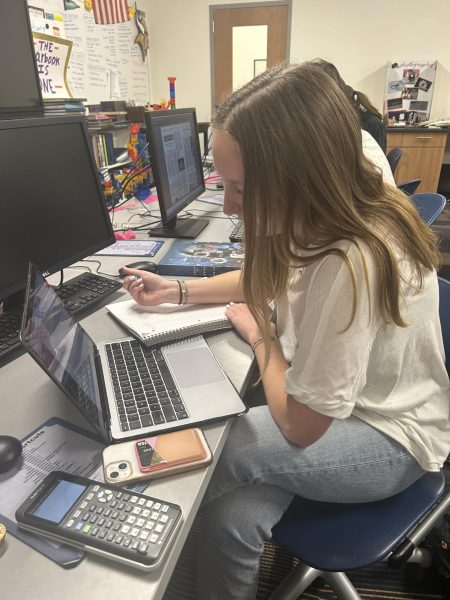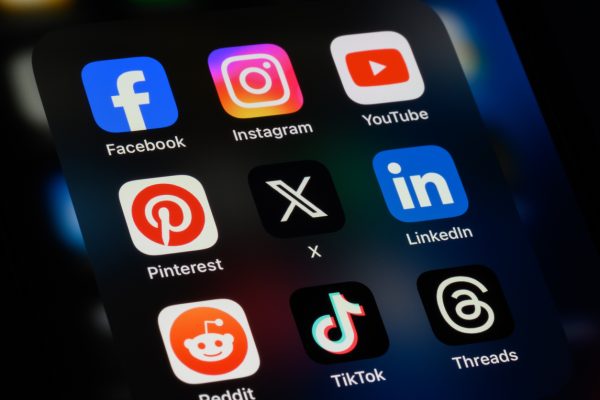Battle of the Books
E-books are rising in popularity, and physical books might have some serious competition
A student quietly studies in the library during lunch.
November 10, 2020
Libraries have always been a safe place for gathering with friends or studying quietly, but in recent times, things have changed. Libraries are quiet now for all the wrong reasons. Throughout the nation, libraries have drastically declined in visitors this year due to COVID-19. The SHS library is keeping a strict quarantine policy and has just recently allowed students into the library for activities.
When borrowing books, there are some obvious precautions one should take. In an interview on CBC, Dr. Colin Furness, an epidemiologist and professor at the University of Toronto, discussed book contamination and safety.
“The precautions for books should be the same as anything else you come into contact with. We can’t wash or boil books, obviously. So, the thing to do is to clean your hands after touching them, before touching your face, and to let them sit for 24 hours,” Furness said.
Librarians across the state are promoting online books. SHS Media Specialist Susan Myers promotes programs like MackinVia, an online library source, to read without the fear of spreading germs.
“This year, I purchased many more eBooks with Mackin hoping to make it a better experience and selection for students and staff,” Myers said.
Online book programs may become part of the new normal. Many libraries now have an online checkout program. There are apps that serve as an online library with hundreds of books available that can be checked out and returned just like physical books such as Libby.
While the rise in technology allows readers to have a more convenient access to book sources, physical books have been around for centuries and have been proven to last. The preference for physical books still remains the most popular option due to online programs becoming unknown to new readers and the feel of reading a real book. Myers has tried to figure out the preference in types of books from students.
“I have done loose surveys in the past and have gotten the sense that most students prefer a book off the shelf,” Myers said.
Physical copies can be signed, shared, and passed on throughout generations when online copies are there for everyone, so there’s less variety in the existing copies. Physical books might not be as convenient to carry as electronic device, but as libraries prevail, so do the use of physical books.
While there is some hope that physical copies will be around for generations to come, it’s impossible to ignore the rising technology for reading. Devices like Kindles have been a popular source for virtual books, and now being able to have them on a phone makes the process more convenient than ever. Lily Boucher (10), an avid reader, prefers physical copies but sees the benefit of virtual books.
“I feel since people have more access to online books it will help people learn to like reading more, and it is a very nice tool to be able to have because people might not have very many options at local bookstores and libraries,” Boucher said.
This technology brings convenience to readers everywhere without spreading germs or carrying extra weight, which is the perfect solution in the time of a global pandemic.




















